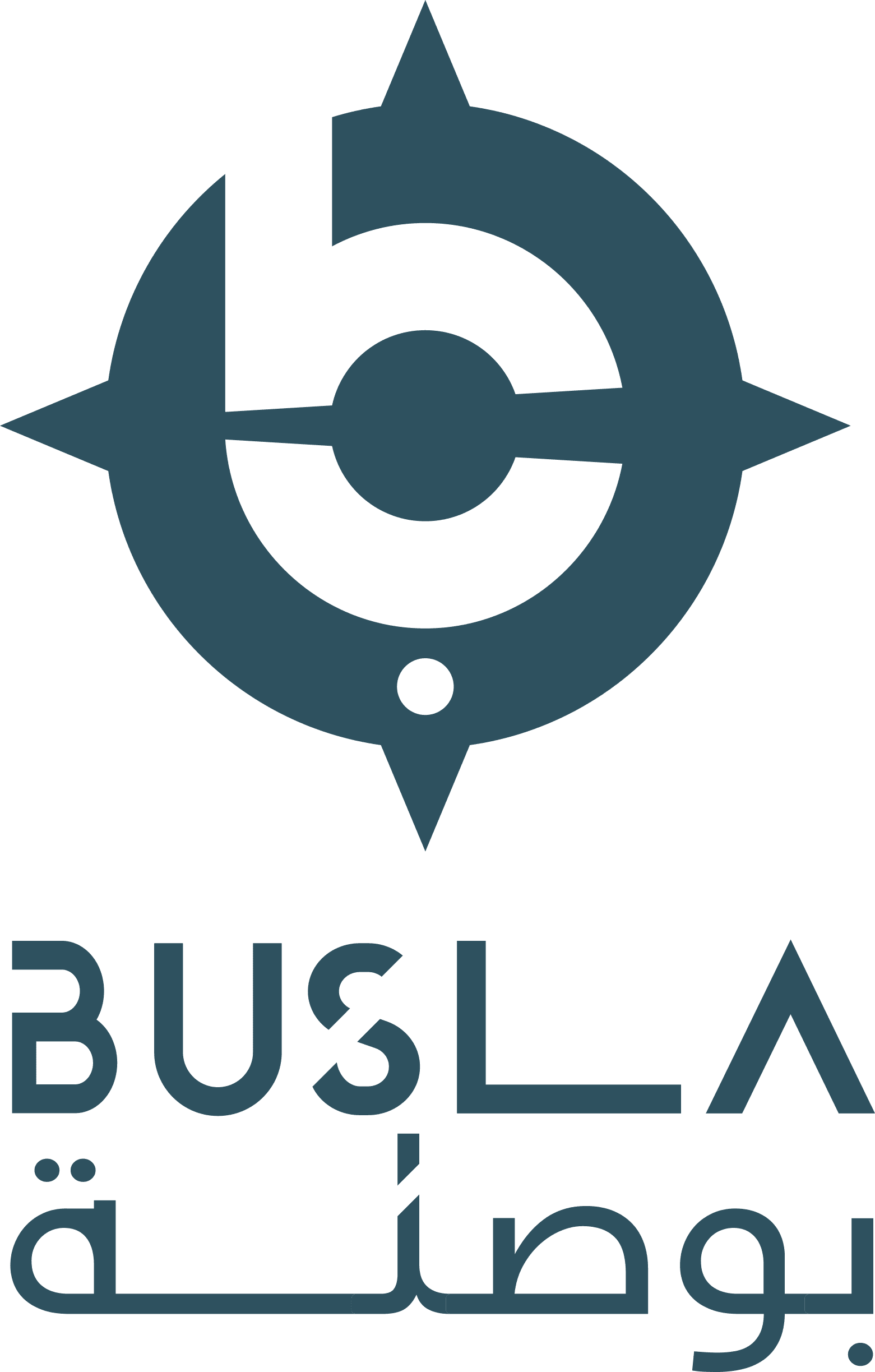EDU-TOURISM
Our Edu-Tourisms are a valuable means to enrich a student's learning journey, opening doors to experiences beyond the confines of textbooks. These trips offer hands-on learning opportunities, foster personal growth, and promote a deeper grasp of diverse subjects. Organizing such excursions demands meticulous planning, efficient coordination, and a commitment to crafting engaging and enriching experiences for students. The lasting impact of BUSLA EDUTRIPS is evident in the enduring memories and valuable lessons they bestow, molding well-rounded individuals with a more expansive worldview.EDUTOURISM
ENRICHING EXPERIENCES BEYOND THE CLASSROOM
WHAT IS IMPORTANT?
CHOOSING THE DESTINATION
We believe that selecting an appropriate destination is crucial for a successful educational trip. It should align with the educational objectives, complement the curriculum, and offer a diverse range of learning opportunities. Whether it's a historical site, a science museum, an art gallery, or a cultural landmark, the destination should provide students with tangible connections to their academic studies.
ENGAGING ITINERARY
BUSLA crafts a well-structured itinerary which is essential for ensuring a smooth and productive educational trip. We always create a balance between academic activities and recreational experiences, allowing students to absorb knowledge while also having fun. Dividing the time between guided tours, interactive workshops, educational presentations, and free exploration fosters a comprehensive learning experience.
COLLABORATION WITH EDUCATIONAL INSTITUTIONS
Close collaboration with educational institutions is vital when organizing educational trips. BUSLA works closely with teachers and school administrators to help align the trip with the curriculum and educational goals. They provide valuable insights and suggestions to enhance the learning experience. Additionally, involving students in the planning process can instill a sense of ownership and excitement.
SAFETY AND LOGISTICS
Ensuring the safety and well-being of students is our paramount importance. Conducting thorough risk assessments, securing reliable transportation, and selecting suitable accommodation options are essential logistics that BUSLA considers.
We engage qualified tour operators with experience who can offer professional guidance and support in managing these logistical aspects.
EXPERT GUIDES AND FACILITATORS
BUSLA collaborates with expert guides and facilitators who possess in-depth knowledge of the destination and subject matter enhancing the educational value of the trip. They provide informative commentary, engage students in discussions, and facilitate interactive activities. These experts help students make meaningful connections between what they learn on the trip and their academic studies.
ENCOURAGING ACTIVE LEARNING
Promoting active learning is crucial during educational trips. We always encourage students to actively participate in hands-on activities, ask questions, and interact with their surroundings. This fosters critical thinking, problem-solving skills, and a deeper understanding of the subject matter. Utilizing innovative teaching methods, such as gamification or role-playing, can further engage students and make the experience more memorable.
REFLECTION AND FOLLOW-UP
To maximize the impact of the educational trip, it is essential to provide opportunities for reflection and follow-up. BUSLA encourages students to share their experiences, write reflective journals, or create presentations that will deepen their understanding and allow them to integrate their newfound knowledge. We encourage teachers as well to design post-trip assignments that require students to apply what they have learned.
